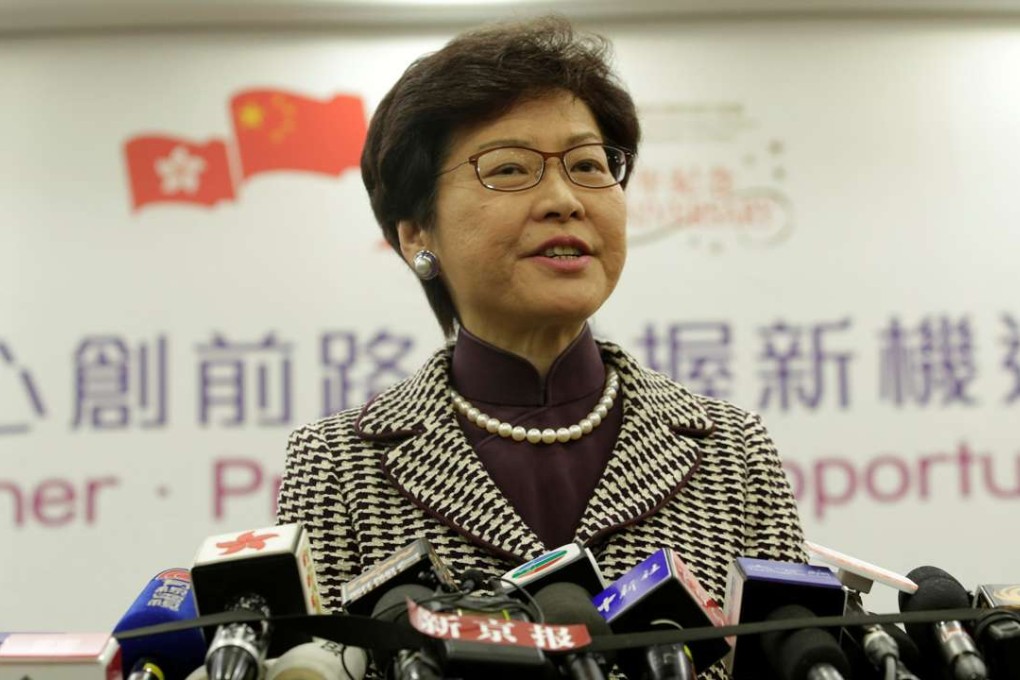Can we expect companies to embrace gender diversity as Carrie Lam becomes CE? Not so fast

With Carrie Lam Cheng Yuet-ngor poised to become the first female leader of Hong Kong from July 1, many are hoping that her pioneering role will encourage more females to take up directorship positions among Hong Kong companies.
But those expectations could end in disappointment, as overseas experience shows that women occupying the highest echelons of political power does not necessarily translate into change in the corporate sphere.
Park Geun-hye took office as South Korea’s first female head of state in February 2013. In spite of the breakthrough, the country ranks bottom of the list in Asia in terms of female representation on company boards, with only 2.6 per cent of board positions held by women in 2014, according to global executive search firm Korn Ferry. Park was removed from office in March after being impeached in a wide-ranging corruption scandal.
South Korea lags well behind its regional neighbours on this measure, according to the report. In China 12.9 per cent of board positions are held by women, in Malaysia 12.5 per cent, while Hong Kong has 10.7 per cent and Singapore 7.7 per cent.

Angela Merkel assumed office as chancellor of Germany in November 2005, becoming the first woman to hold the post. However only 19 per cent of board positions at German companies were held by female directors in 2014, below 28 per cent in France, which has never had a female president.